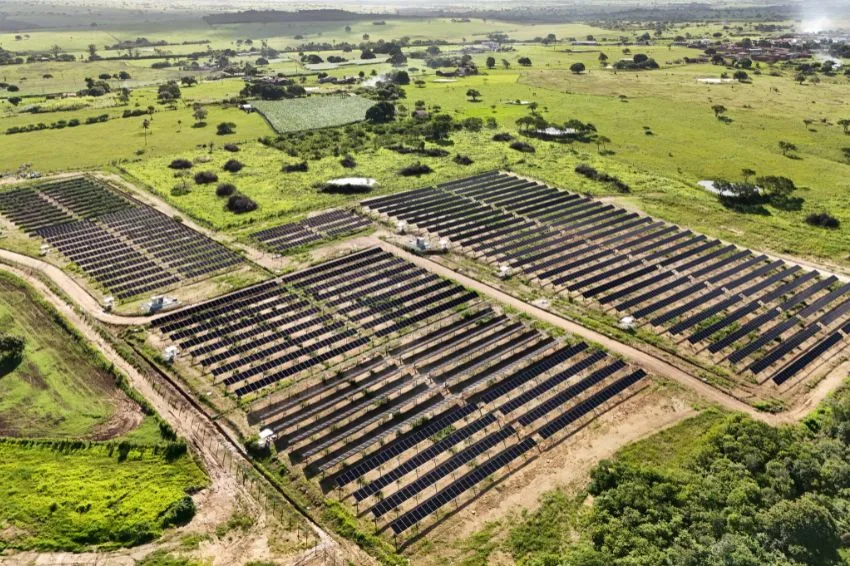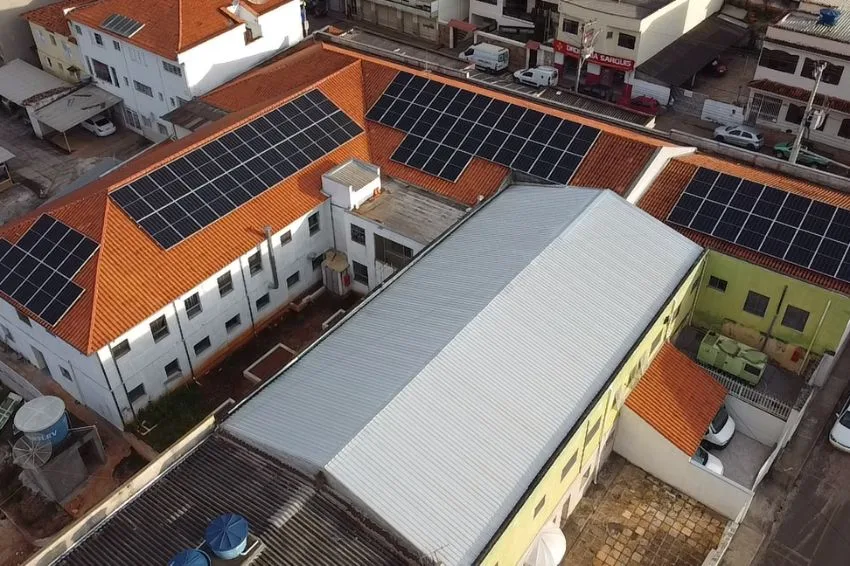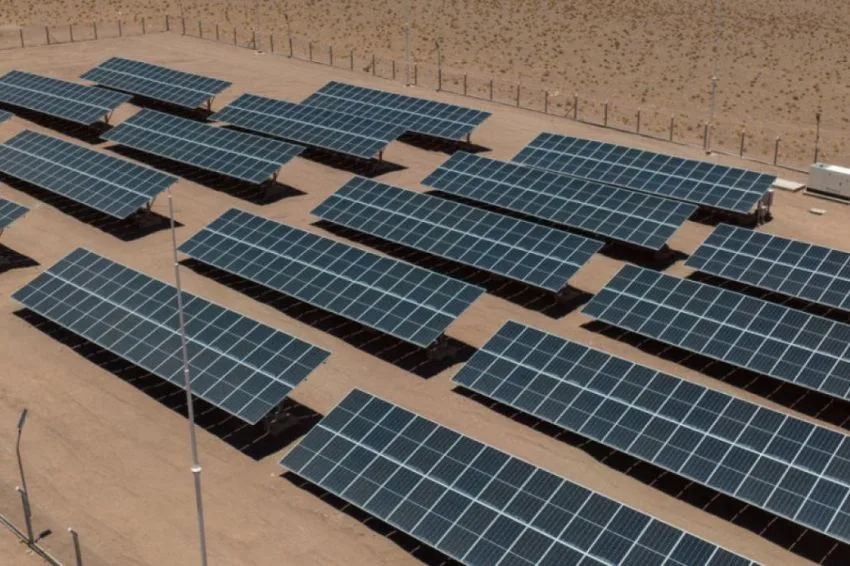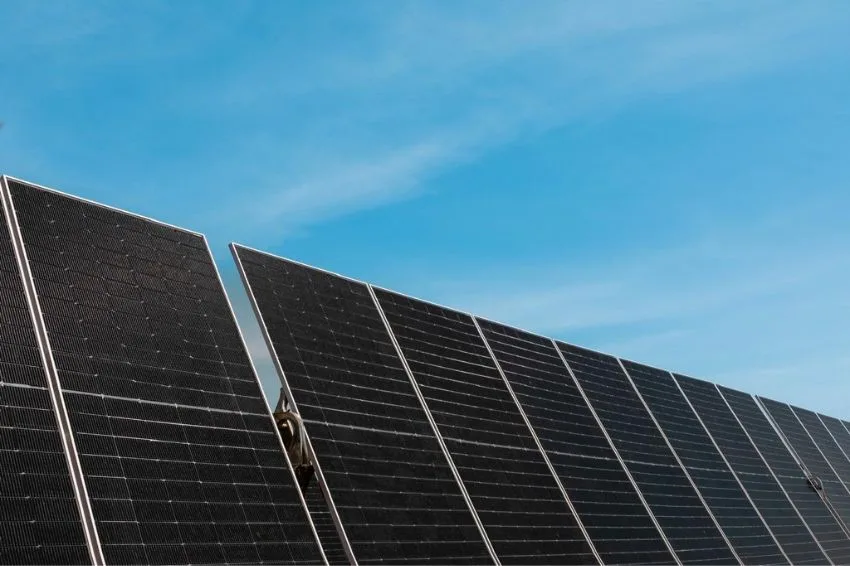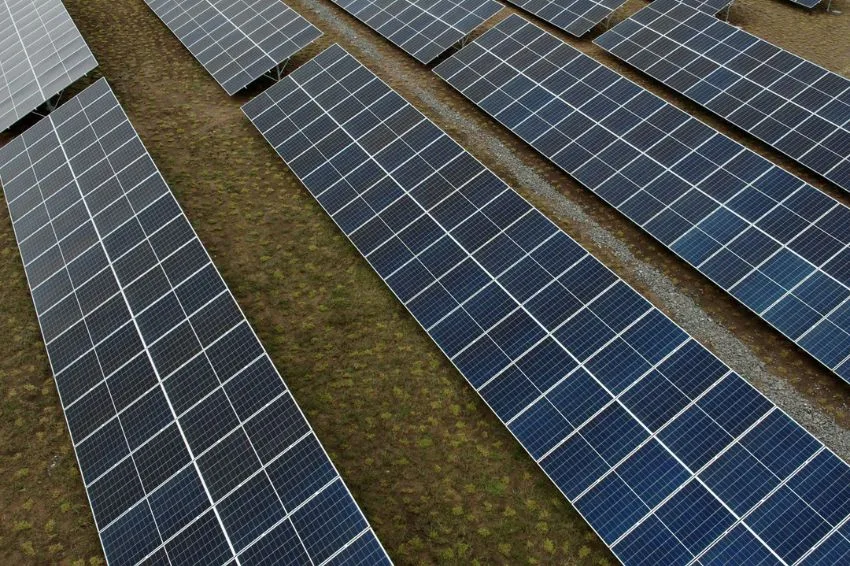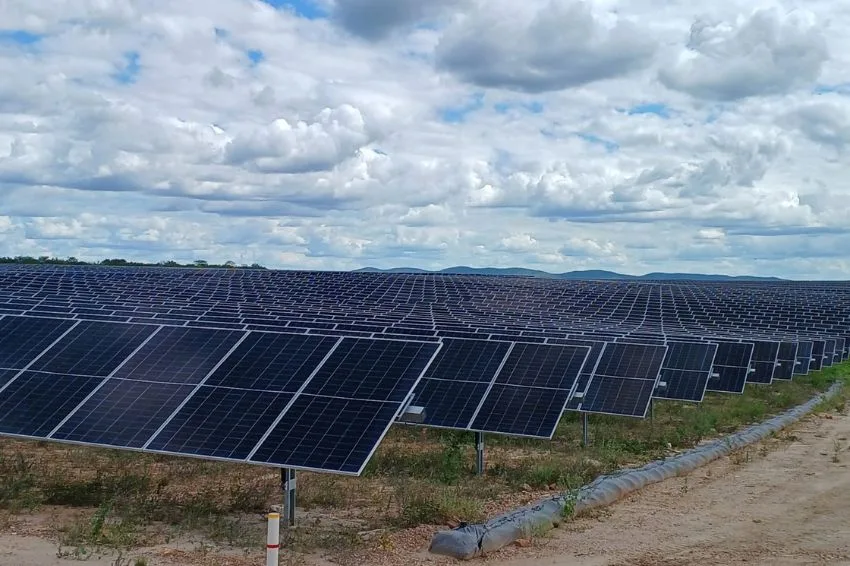With the purpose of offering clean energy and electrical solutions, photovoltaic module manufacturer BYD has invested in a partnership with Unicamp (State University of Campinas), through PADIS (Support Program for Technological Development of the Semiconductor Industry).
The project advocates continuous improvements in manufacturing processes, providing the introduction of new products into the national market and ensuring high quality, within international manufacturing standards.
The result of this partnership was the creation of a laboratory with the function of carrying out studies and tests in the area of degradation and performances of photovoltaic modules which, according to Marcelo Gradella Villalva, PhD professor at FEEC (Faculty of Electrical and Computer Engineering) at Unicamp, now has several pieces of equipment that were previously not accessible to Brazilian researchers and could only be found in international laboratories.
The agreement with Unicamp was established one year after the start of the BYD modules in Brazil and its registration in PADIS occurred in 2016 and has been renewed annually since then. “These are extremely important investments in training people in a country so lacking in resources for science”, highlights Villalva.
The work of the team of responsible teachers explores several areas of this development, such as, for example, a focus on research in the area of new materials to increase crystal cell efficiency, and photovoltaic cells sensitized by dyes, led by professor and doctor Francisco das Chagas Marques, from IFGW (Gleb Wataghin Physics Institute) at Unicamp.
“Many of the research carried out will have long-term results, but the first ones are already beginning to be perceived as an article submitted by the group and approved for presentation at the 8th World Congress on Photovoltaic Energy Conversion, scheduled for September this year in Milan, Italy”, reveals .
The agreement with Unicamp also included the efforts of professor and researcher PhD Luiz Carlos Kretly, also from FEEC. His work was focused on integrated circuits and the development of advanced fault detection techniques in photovoltaic cells.
“The process is known as time domain reflectometry, TDR, and allows the precise location of defects in cells or welds on photovoltaic modules to be determined,” details Kretly. The professor also points out that the technique can be useful in the final inspection or even during the manufacture of photovoltaic modules”, comments Kretly.
The doctor in electronics, microelectronics and optoelectronics Hugo Alvarez, who is part of BYD's research and development team, highlights the importance of this relationship with the university. “It is a joint effort that makes it possible, in addition to understanding the degradation mechanisms of a module, to assist with approval by INMETRO (National Institute of Metrology, Quality and Technology). Without forgetting the positive impact on science in Brazil”, he adds.
This year's results were shared for the first time in a workshop held on June 30 at BYD, which included the participation of professors and students from Unicamp. A new meeting is planned with positive results, with external and open participation, prioritizing the exchange of knowledge between everyone.




